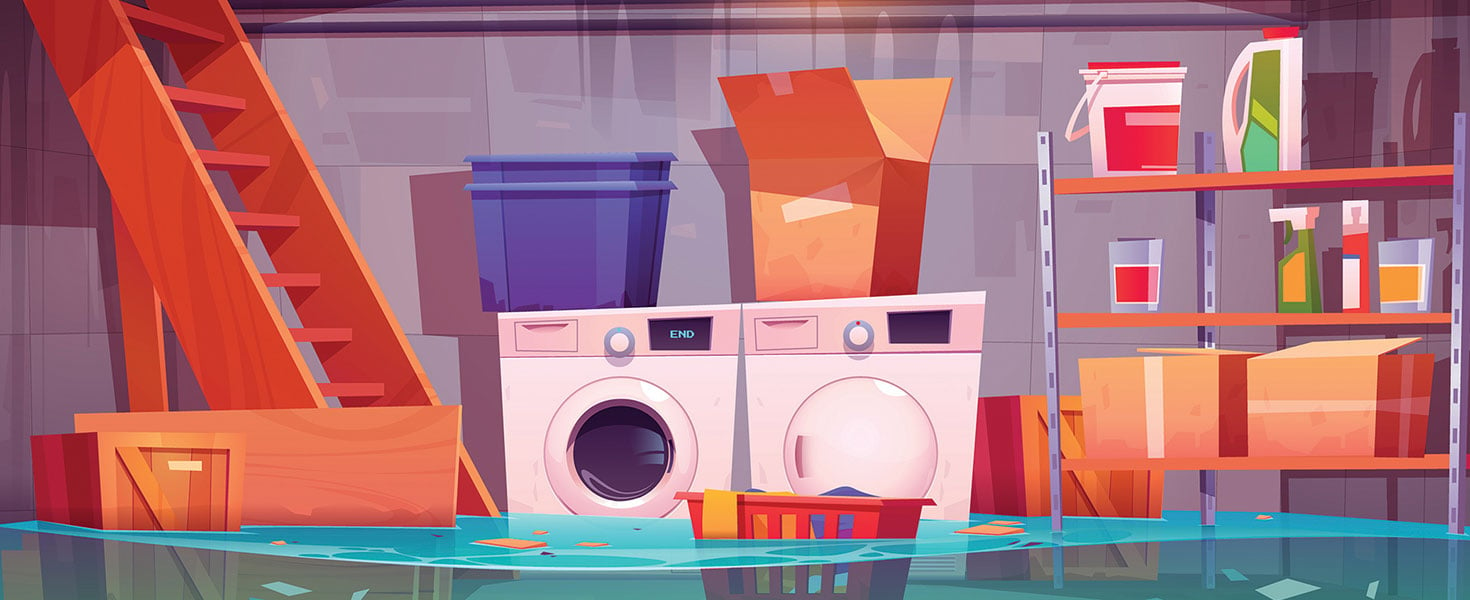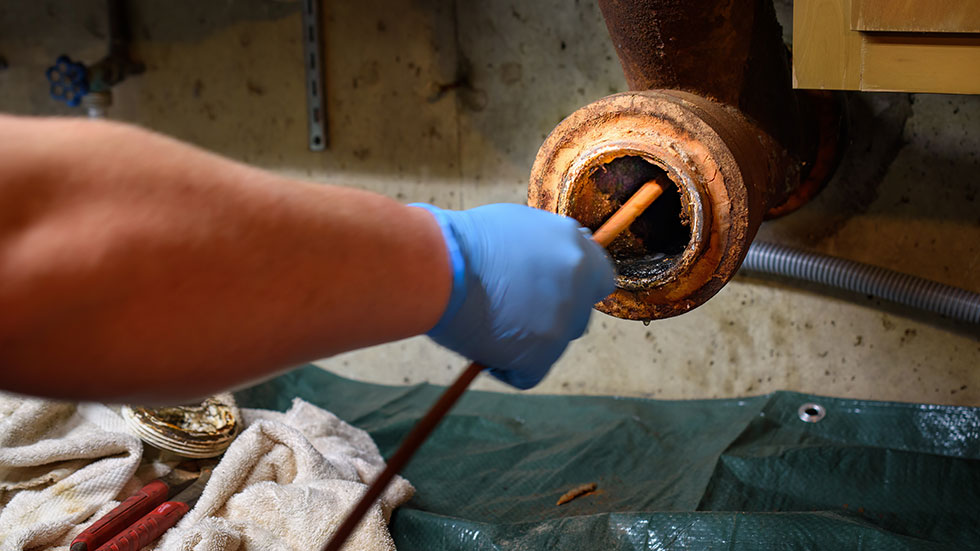Insuring Your Home Against a Water Backup
Protect your home and finances with water backup coverage and prevention tips

When my sister and I took over caring for our mother’s home, we thought we’d seen it all. Rotted siding, drafty windows, major appliances to be replaced. Little did we know that our biggest project had yet to arrive. One day, I went downstairs to grab some food out of the freezer and noticed an inch of brown water covering the basement floor. Fabric suitcases, furniture and boxes of belongings were ruined.
The brown water I was wading through wasn’t simply dirty water, it was sewage water that had backed up and likely spent several days permeating the memories and memorabilia stored in the unfinished (and infrequently visited) basement. Not only is sewage in a basement a major inconvenience, but it is also a health hazard that requires costly professional clean-up help.
Water backup coverage
While most homeowners insurance does not cover such a backup, in many states you can purchase a policy endorsement that provides coverage for losses caused by water that backs up through sewers or drains, or that enters into and overflows from within a sump pump or sump pump well, notes Molly Lally, insurance agent with AAA in Gahanna, Ohio.
She suggests the minimum amount of coverage for an unfinished basement should be $10,000, and for a finished basement, $20,000.

Filing a claim
If water backs up into your home, call your insurance company and file a claim immediately. After we filed, an adjuster came out, and then my family worked with two separate companies (both of which we found ourselves): one to suck out the sewage water and repair the pipes, and another to dispose of soiled belongings and sanitize the area. The companies we hired submitted documentation of the damage to the insurance company. We paid for expenses out of pocket and were reimbursed later.
Lally suggests that you keep a list of all the items that have been damaged and need to be taken out of the home. She also suggests keeping a copy of your homeowners policy, including endorsements, in a safe place for reference.
Preventing damage
The professionals we hired said that one major cause of sewer backups are so-called flushable wipes, which they advise against using.
Also, to prevent damage and loss, it’s best not to store important paperwork, photos and memorabilia in a basement. If you must, though, then store them
in plastic bins raised off the ground.
